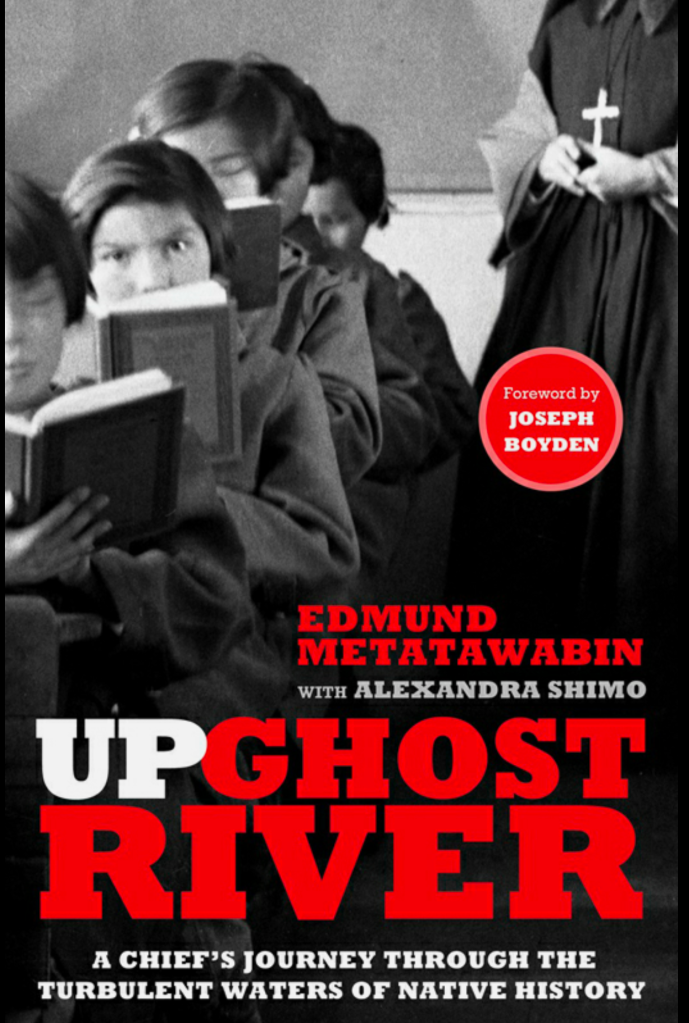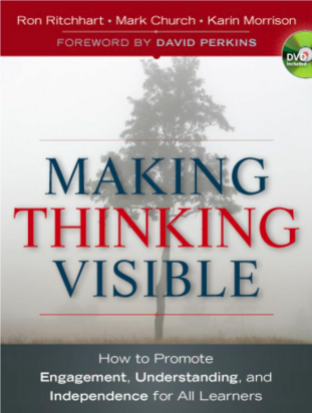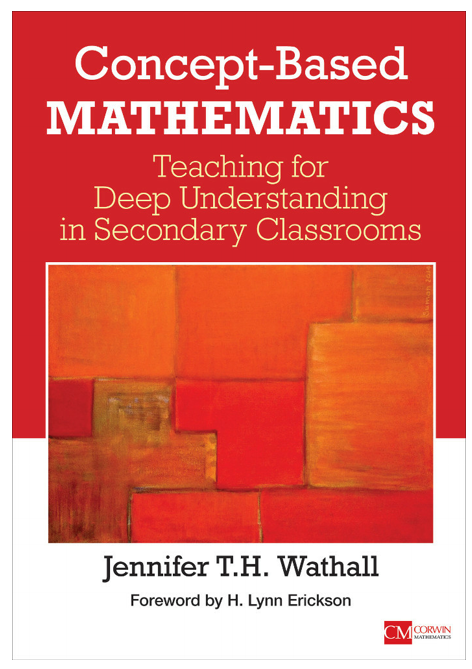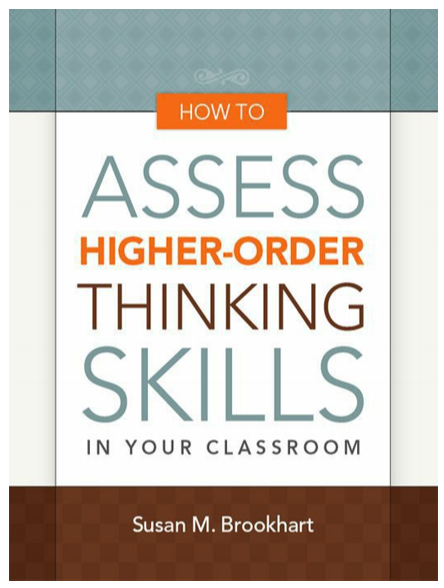Back in December of 2012 I wrote this post about my dad, Bob Gilson. Almost 10 years later as I ponder Father’s Day 2022 tomorrow I find myself reflecting on Dad passing away on June 28, 2014 just a few days after the last time I was able to visit him. We saw him two days in a row, the first day he was pretty out of it, Randy (my brother) had said it wasn’t looking good so Chauna and I hurried up to Edmonton for a quick visit before wrapping up what was my first of five years working for Westwind School Division in Southern Alberta. As we sat with Dad he was tired, sleeping most of the day, and not responding more than a few nods and “uh huh” type comments.
The next day we were pleasantly shocked to enter the common area to see he was up, dressed, bantering with the nurses, as he turned to say hi to both Chauna and I. It wouldn’t last. Grey’s Anatomy had an episode once where they referred to the “bump” some patients experience as the days are winding down, an exhilarating brief return to a level of alertness that certainly gives hope…for that visit it was great. We watched as he greeted other patients, called us by name and generally was pretty with it, though he asked how I was doing teaching Jr High, something I hadn’t done since June of 1989, but that’s how Alzheimers works, no use correcting just roll with it and enjoy the conversation.
My dad, Robert (Bob) Matthew Joseph Gilson gave big chunk of his life to helping others. I covered a great deal of it back in 2012. As I write this I’m reminded that among all the coaching he did, high school volleyball as a community coach at Sir Winston Churchill in Calgary in the 70’s and Bitty-ball (8 ft rims for little guys/gals to learn the game) for years in Edmonton, he would be particularly upset today reflecting on his two years in Ukraine. Mom and Dad served a mission in Ukraine and while there he was instrumental in facilitating the delivery of child’s size wheelchairs and instituting a full Bitty-Ball Basketball league for the youth he served in the Ukraine while on his mission there for the Church of Jesus Christ of Latter-day Saints.
I can’t help but think that Dad would be concerned for the young people he coached, for the all the people that he served as Ukraine fights for its survival today fending off someone who mistakenly thinks he’s a modern day Peter the Great, in an era where conquering others is not really all that great.
In a little more than a week Chauna and I will head to Vancouver Island to celebrate the graduation of our oldest grandchild from high school. Masen was dad’s first grandchild, he would have loved to be there.

Last night, June 17, 2021, I was honoured to receive the ASAA’s highest honour, the Robert H. Routledge Award. My life path has been greatly impacted by Dad. He helped support my involvement in sports as an athlete, he modelled the commitment required of a coach. He flooded the backyard to make a hockey rink, somehow managed to sneak a homemade basketball standard into the backyard another year on Christmas Eve. I’m not sure he was always quite as sportsmanship minded as I would have liked, one historic outburst toward a volleyball official coming to mind. He attended the games I coached, particularly when my Grande Prairie teams would come down to Edmonton for Provincial Playoffs. I think even my players from the 1995 team would remember dad on the sidelines as we went into quadruple overtime and he would haul exhausted linemen up from the snowdrift and help them get back into the game. Dad would have loved to be there in person last night. Mom made it, Alzheimers now manifesting it’s challenges for her, my brother and youngest son and daughter-in-law representing the family on this occasion. It was a great night.

My dad was not perfect. Neither am I. Perhaps there are perfect dads out there but I doubt it. However it is always a good thing to pursue perfection knowing in the pursuit there will be days of excellence along the way. My dad loved that idea espoused by Coach Lombardi, he expected it of his players and he encouraged all of us boys to work to be our best selves. Any “I wish…” statement I made drew a quick reply from dad, “wish in one hand, spit in the other see which one fills up faster”…the point being if you want it, get to work. Plain and simple truth.
Thank-you Dad, I will see you again, but I’ve got lots of work to do first. Take care.


































